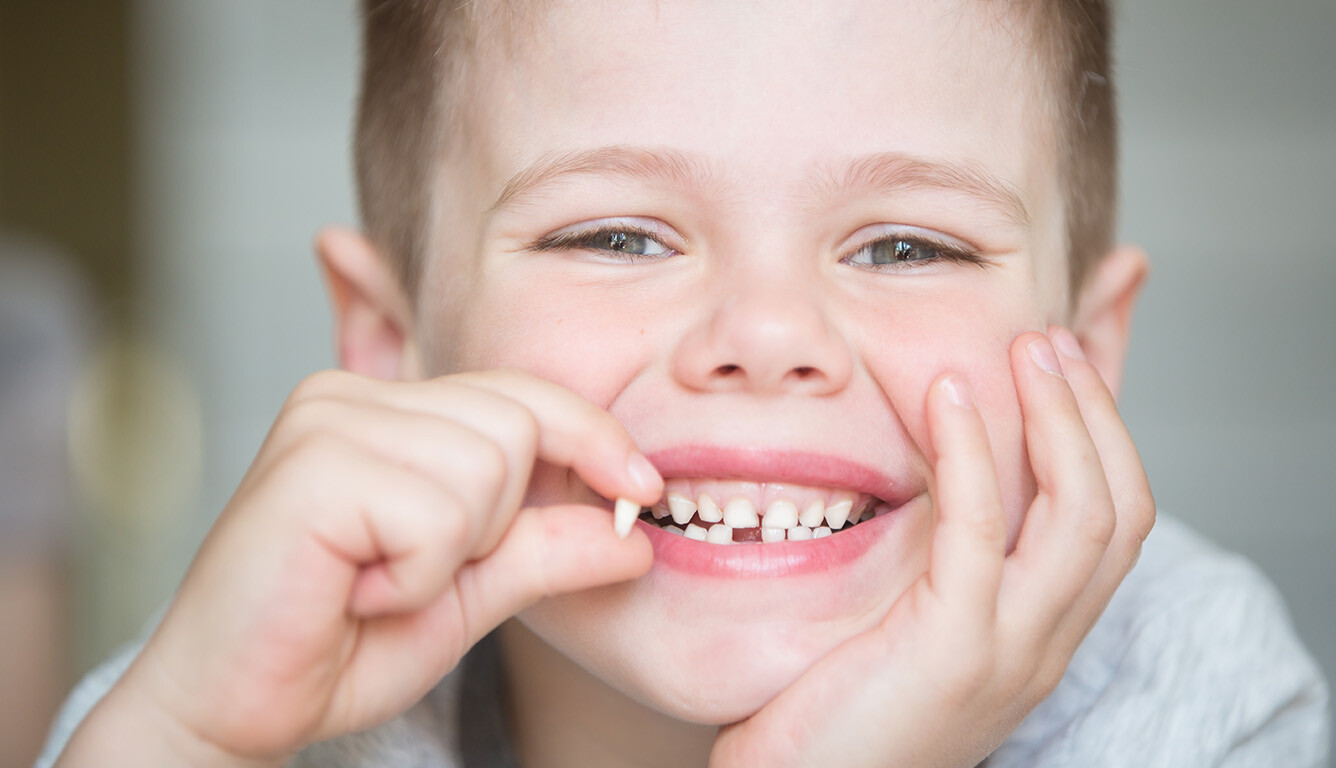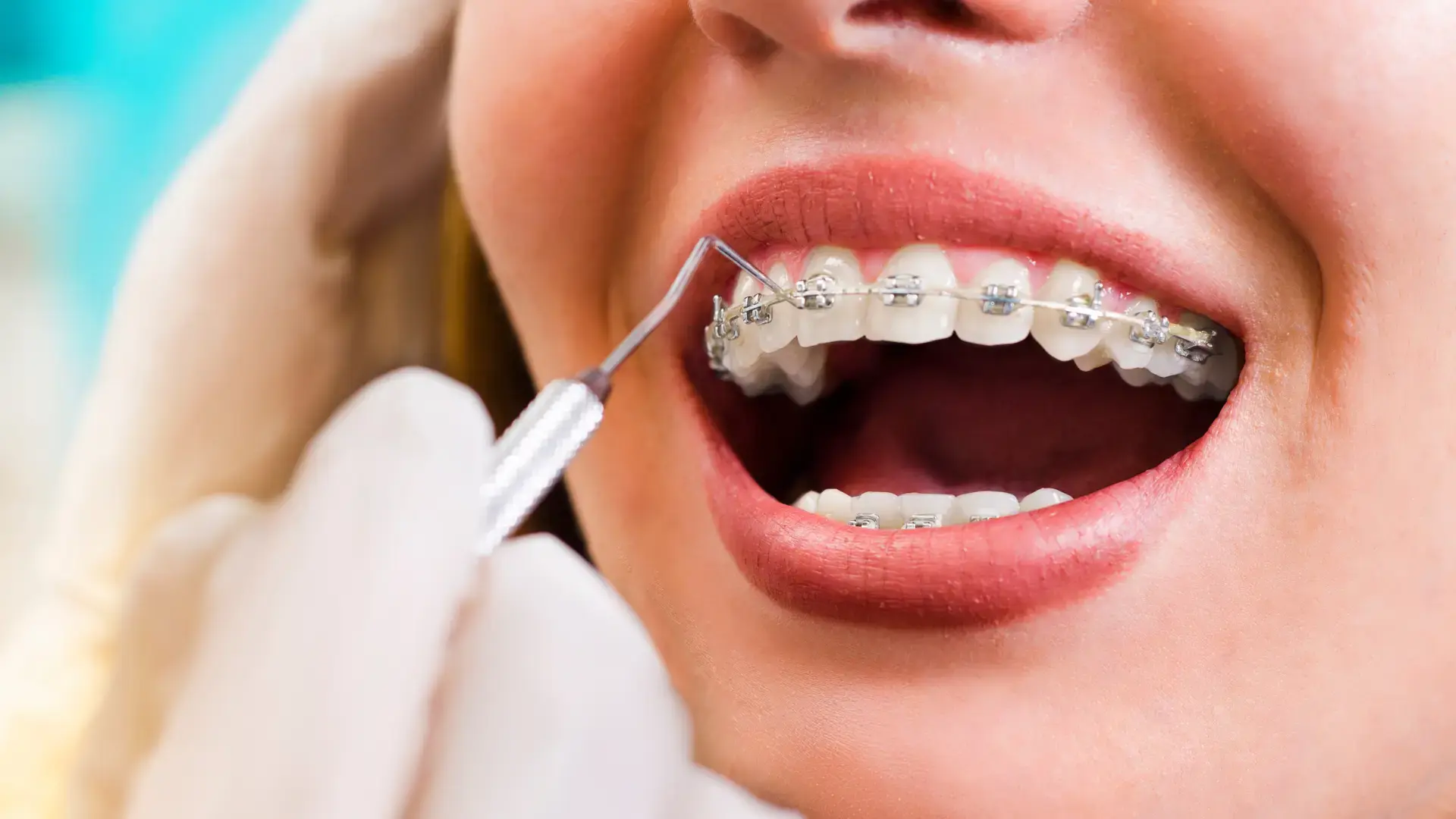Baby Teeth Don’t Always Come Out on Their Own: When Should You Get Help?

Summarize with AI
As children grow, many milestones signify their progress, and losing baby teeth is undoubtedly a significant one. These stages of growth are often accompanied by joyous laughter, a visit from the tooth fairy, and captured in photo memories. However, baby teeth don’t always follow the expected pattern – sometimes, they refuse to come out naturally. As a parent or caregiver, this can be a cause for concern. The question then arises: when should you seek professional assistance?
Baby Teeth Loss: A Normal Part of Growing Up
Typically, children begin shedding their primary or baby teeth around the age of 6. The process is usually completed by the time they reach 12 or 13 years, and what follows is the emergence of permanent adult teeth. However, this isn’t always a straightforward journey for every child. When baby teeth decide to stick around longer than they should, it can create a sense of worry and confusion.
The Stubborn Baby Teeth: When Should You Worry?
There’s a natural balance to losing baby teeth and the growth of permanent teeth. However, when a baby tooth lingers longer than expected, it could potentially disrupt this balance, leading to complications such as crooked adult teeth or even impaction.
Among the reasons why baby teeth refuse to vacate their spot are conditions like ‘ankylosis’, where a baby tooth fuses to the bone, making it difficult to loosen and fall out. Another condition is ‘tooth agenesis’, which is the absence of an adult tooth beneath the baby tooth, leading to the baby tooth remaining in place indefinitely.
Though these scenarios can be alarming, remember that the best approach is to keep a watchful eye on your child’s dental progress while keeping up with regular dental appointments. Dental professionals are equipped to diagnose any abnormalities in the retention of baby teeth and provide the right course of action.
The Importance of Regular Dental Checkups
The significance of regular dental checkups for children cannot be overstated. It should start right from the time the first baby tooth makes its appearance. These routine checks not only monitor the overall health and development of your child’s teeth but also allow for early detection of potential issues. They also provide a platform for imparting essential oral hygiene practices to your child.
Usually, if a baby tooth shows no signs of loosening by the age of 13, or if an adult tooth hasn’t started to emerge one year after the baby tooth has fallen out, it’s time to consult your dentist. Similarly, if your child reports discomfort or pain, or if you notice that the retained tooth is affecting the alignment of other teeth, you should not delay a dental appointment.
Dental Interventions for Retained Baby Teeth
When baby teeth refuse to come out naturally, dental professionals may have to step in. This often involves a simple extraction procedure conducted under local anesthesia to ensure your child’s comfort. In rare instances where an underlying condition like ankylosis or tooth agenesis is causing the delay, more specialized treatments may be necessary.
The Final Word: Every Child’s Dental Journey is Unique
Remember, every child’s dental growth journey is unique. There is a wide range of normal when it comes to losing baby teeth – some children may lose their first tooth at five, others not until they’re seven. This variation is perfectly fine. While most baby teeth fall out on their own, occasionally they may need some assistance from a professional.
Regular dental checkups are your best defense in ensuring that your child’s teeth are developing as they should and that any issues are addressed in a timely manner. Patience, vigilance, and expert help are the trifecta that will guide you through this journey.
In the end, every milestone, including the loss of baby teeth, is a celebration of growth. At our dental clinic, we’re dedicated to partnering with you through these memorable milestones. We encourage parents to schedule a consultation with us to discuss any concerns and ensure that your child’s dental health is on the right track. Let us be part of your child’s journey to a healthy and confident smile!


